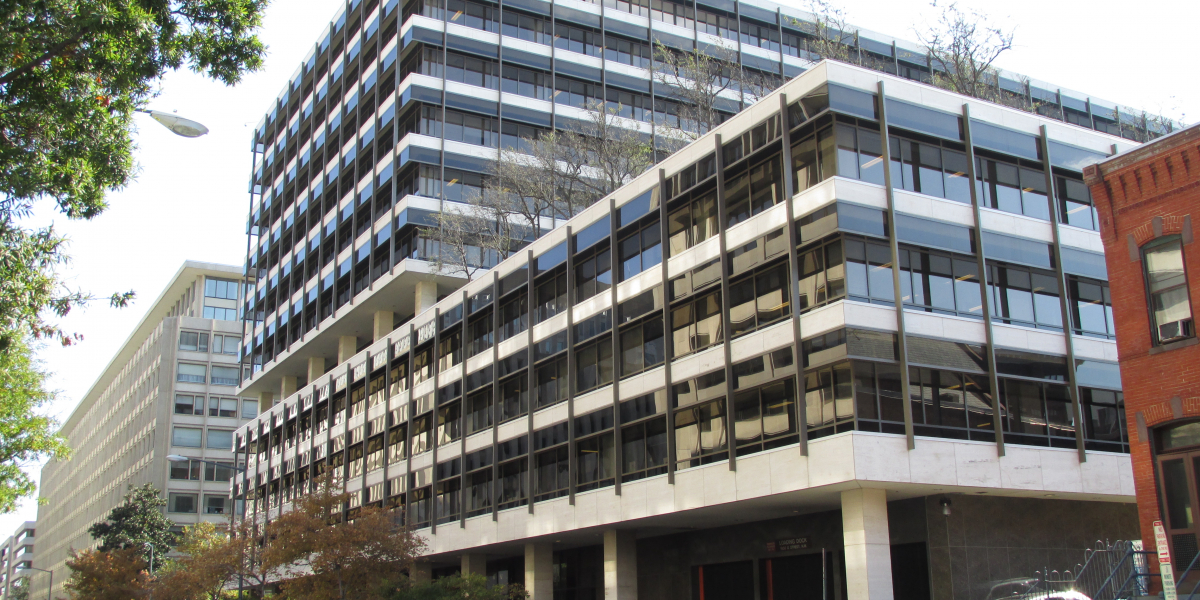Date & Time: November 27-28, 2017
Location: Washington, DC
Infrastructure - understood to include water supply and sanitation, flood protection, roads and transport, and energy and telecommunications - has major implications at the household level (health, education, and social mobility), at the firm level (productivity, industrial development), and at the global level (climate change, energy, forests, biodiversity, and pollution). Ensuring affordable and reliable access remains a major challenge in developing countries, but one that is further complicated by both a changing climate and changing climate policies.


